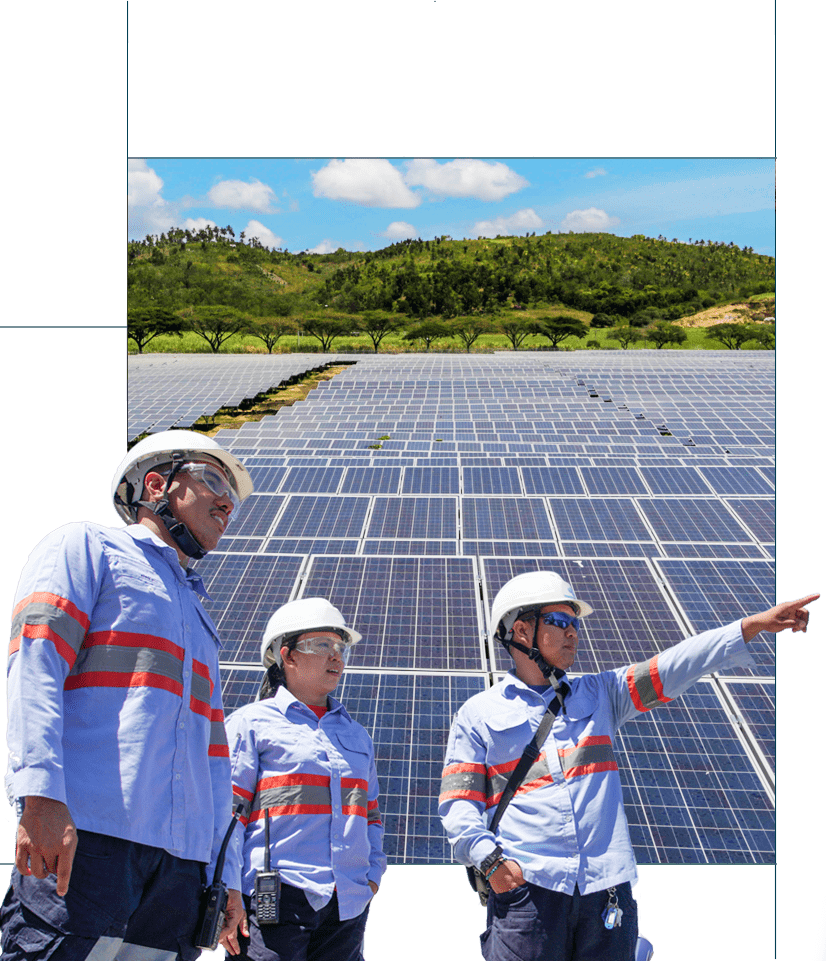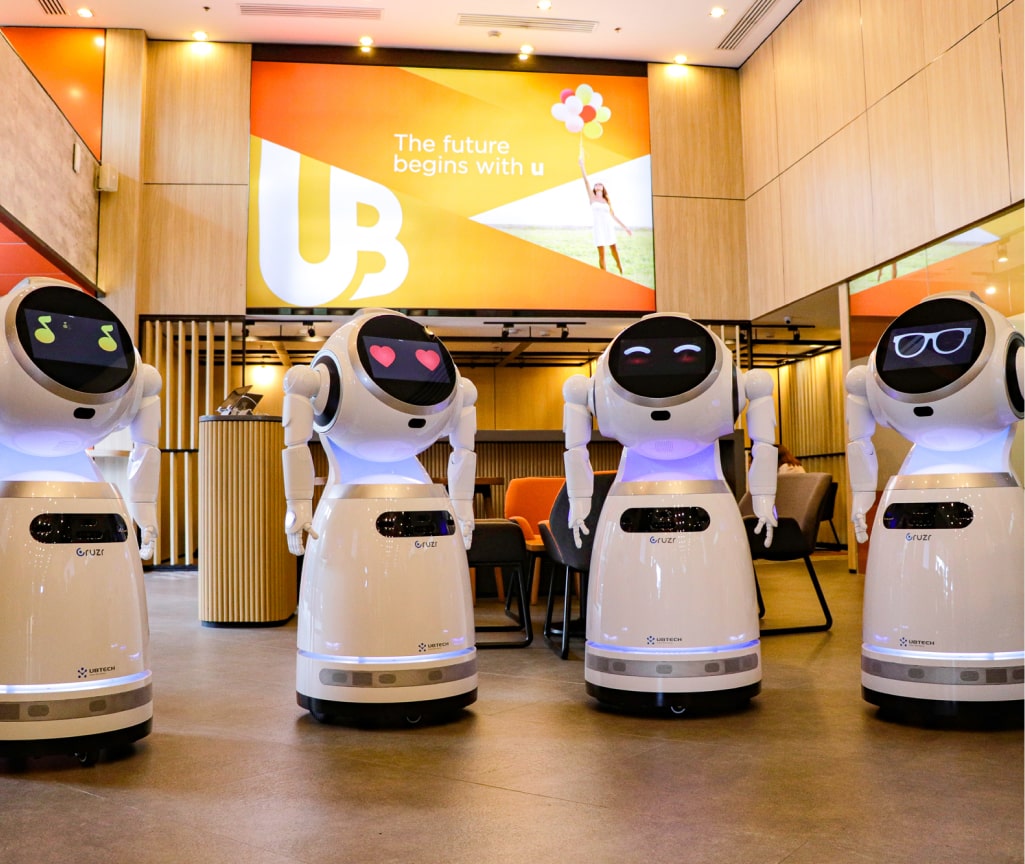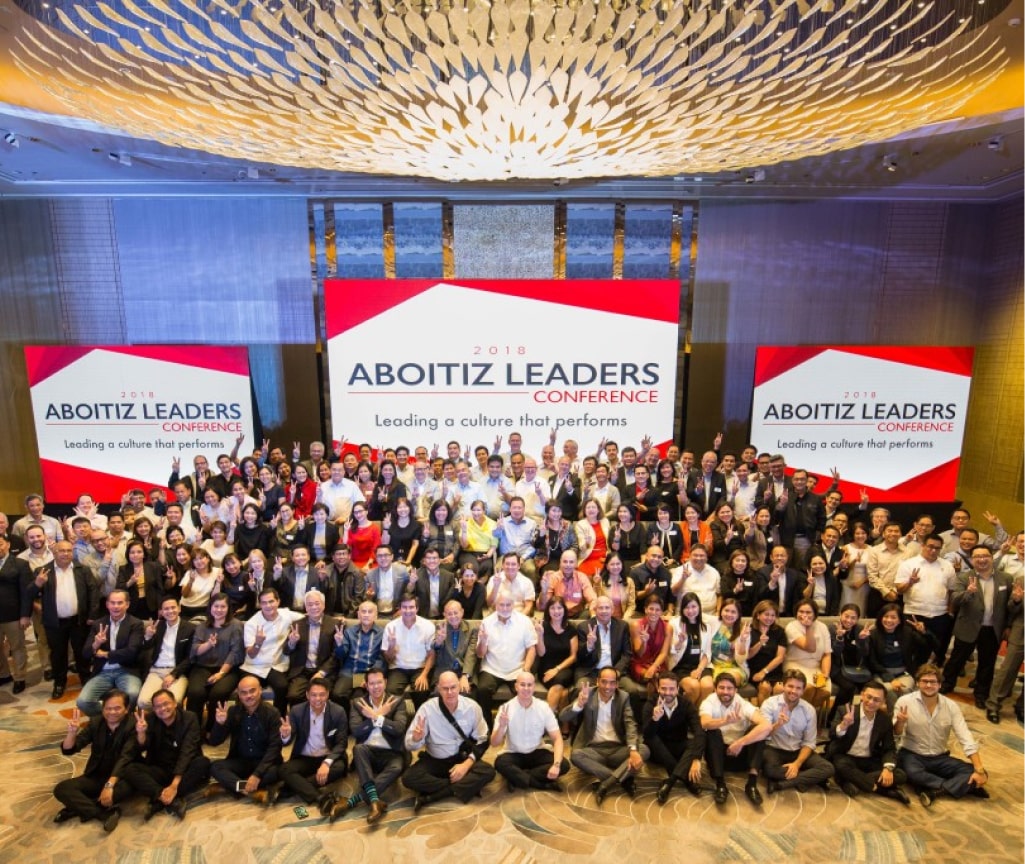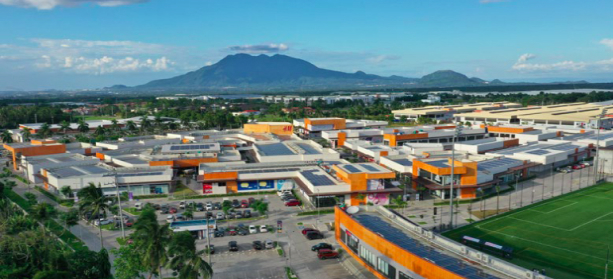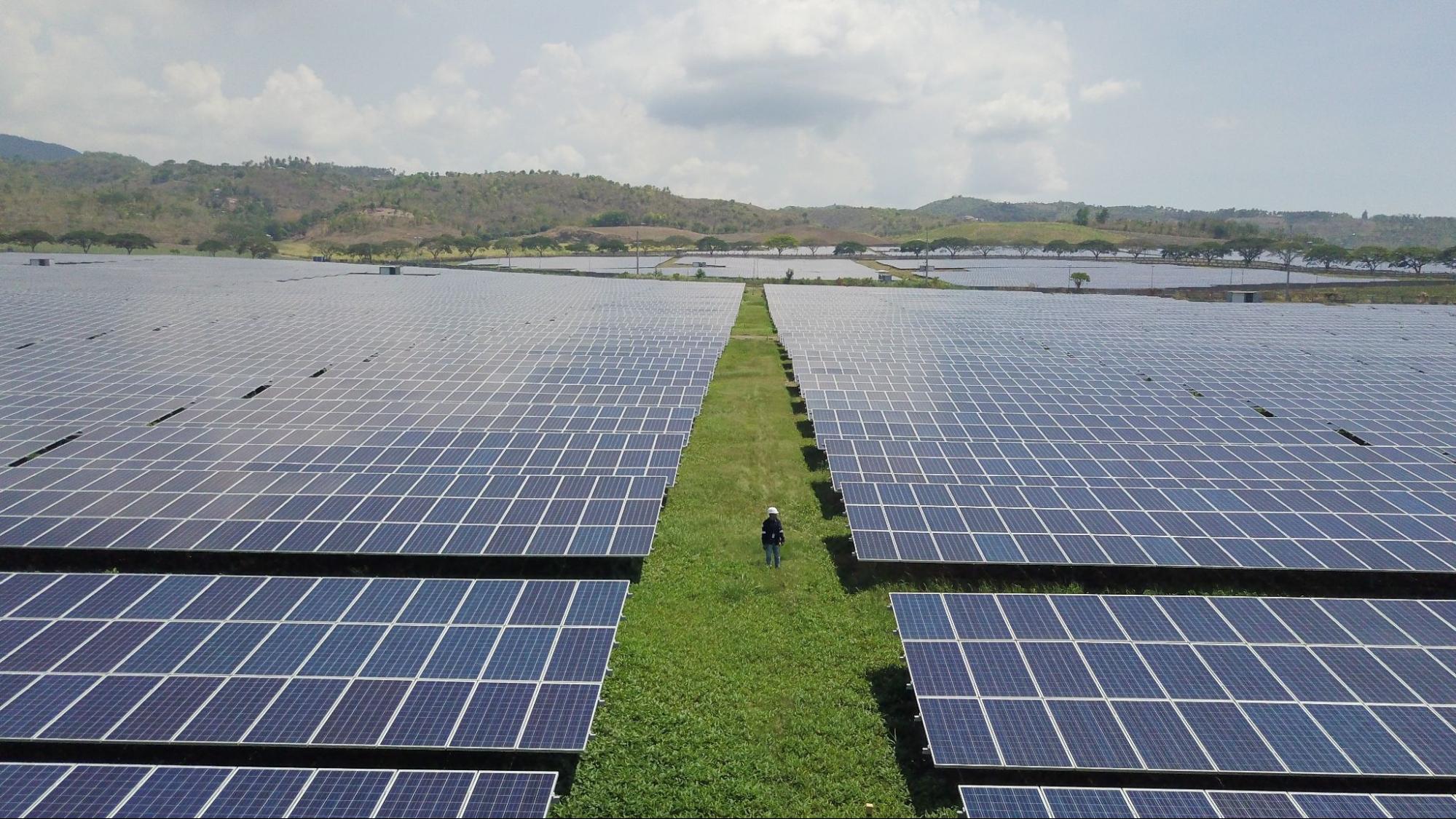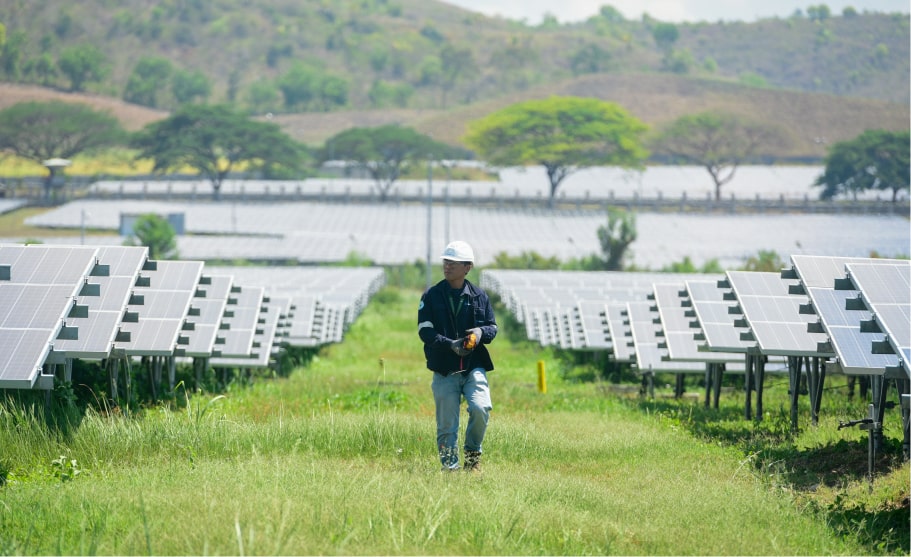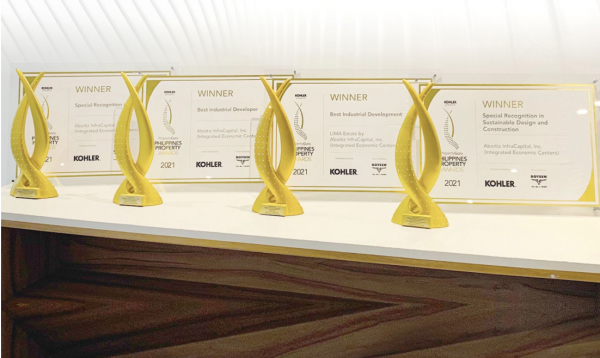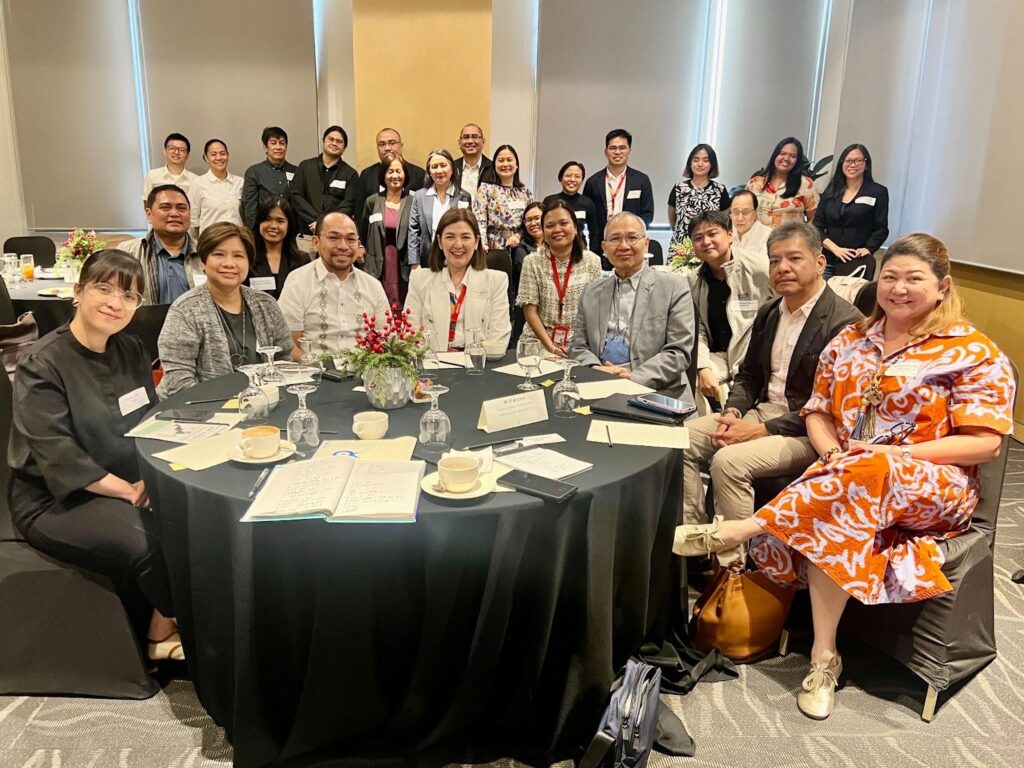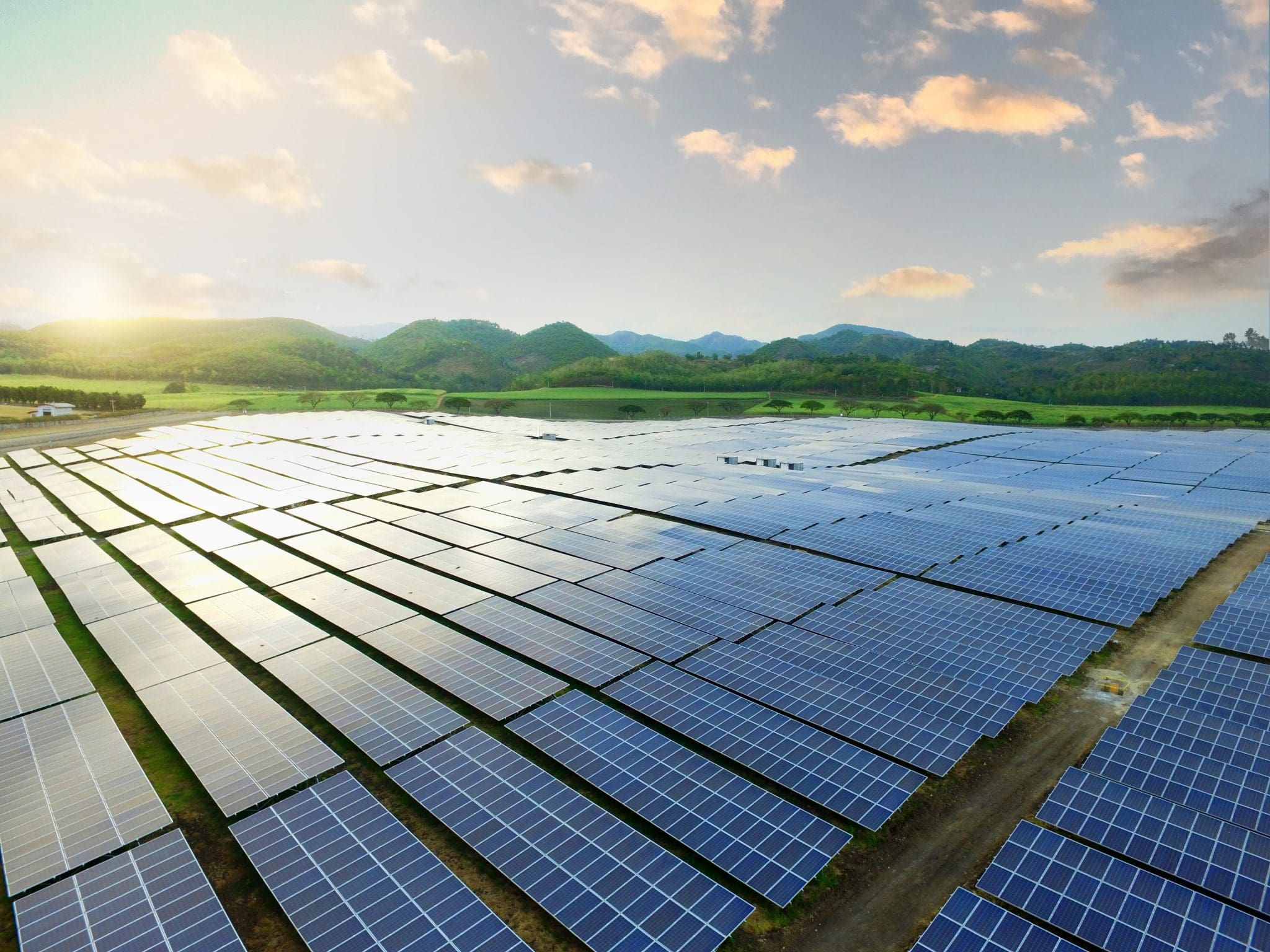
Delivering one purpose for the next 100 years
To drive change for a better world by advancing business and communities towards a sustainable future for generations to come
Read More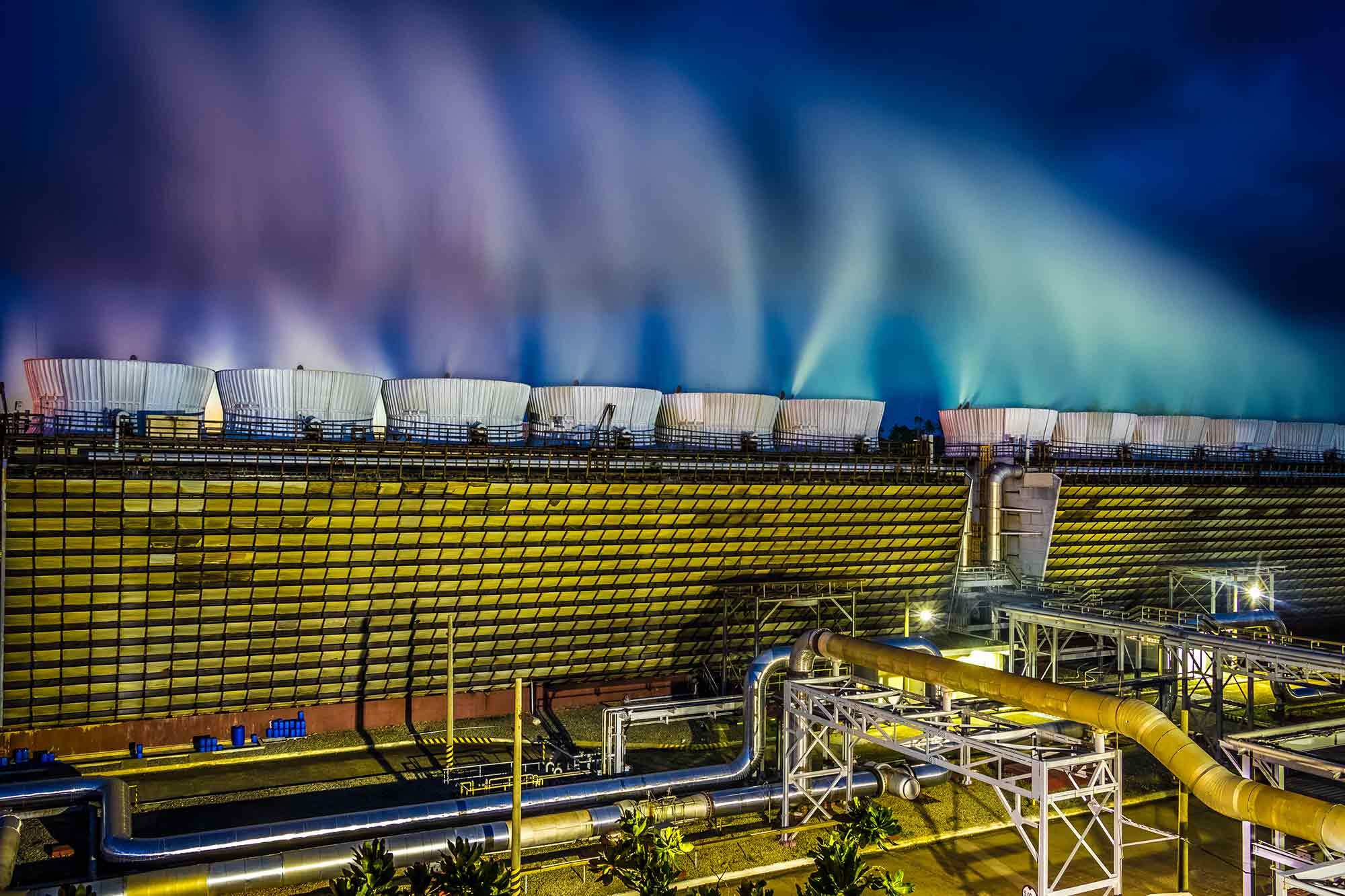
Half our Energy Portfolio will be Renewable by 2030
At AboitizPower, we support the Philippines transition to cleaner energy without compromising our country’s economic development, by having a 50:50 balance between our renewable and thermal portfolios by 2030. This will allow us to give Filipinos ample and reliable ample power at reasonable and competitive prices, while at the same time taking strides towards a cleaner and more sustainable environment. We energize the hopes and dreams of the Filipino people for a better future.
Read More
Climate Change is Real and it Needs Realistic Solutions
As the first local supporter of the Task Force on Climate-Related Financial Disclosures (TCFD), the Aboitiz Group is clearly committed to a globally aligned determination to address climate change by recognizing and understanding that there is no “one-size-fits-all” solution. In our commitment to good corporate governance and sustainability practices, it is our responsibility to educate the truth about climate change so that we can use the right strategies to combat it.
Read More
Our Swift and Seamless Response to COVID-19
Thanks to innovation and digitalization being central tenets of our sustainability and brand promise of advancing business and communities, the Aboitiz Group was prepared to power through the pandemic with a secure balance sheet, smooth business continuity plans, and strong financial assistance measures that guaranteed business-as-usual for our clients, customers, and shareholders.
Read More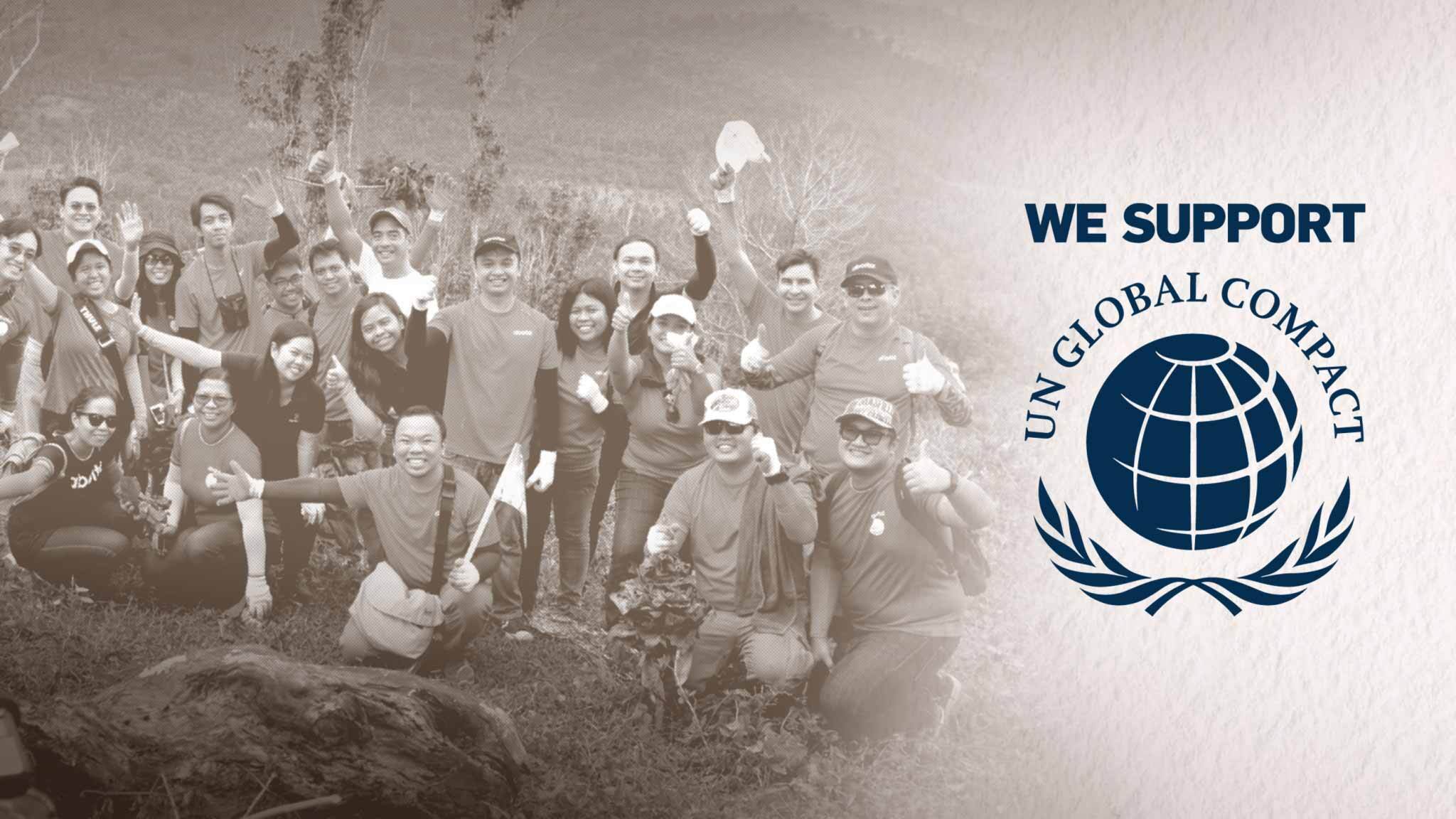
Aboitiz Supports the UN Global Compact
As an active participant of the United Nations Global Compact (UNGC), the Aboitiz Group firmly believes in global teamwork and cooperation through the clear communication of each country’s strengths, challenges, and realities. We have already submitted our first Communication on Progress to the UNGC, and this report covers milestones within our first year as a member, as well as the significant contributions we have made to advance the UNGC’s Ten Business Principles and the United Nations Sustainable Development Goals (SDGs).
Read More
Uplifting People And Planet Through Inclusive Capitalism
As a member of the Council for Inclusive Capitalism (CIC), The Aboitiz Group, through President & CEO Sabin Aboitiz, is part of a a global movement that joins moral and market imperatives to build a more inclusive, sustainable, and trusted economic system that addresses the needs of both people and the planet.
Read More
